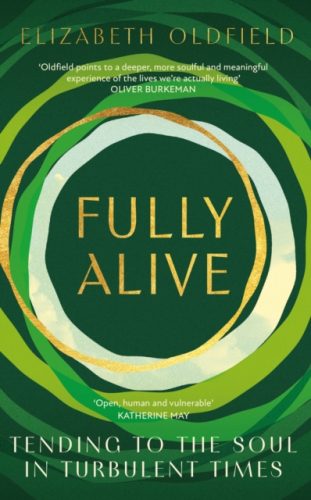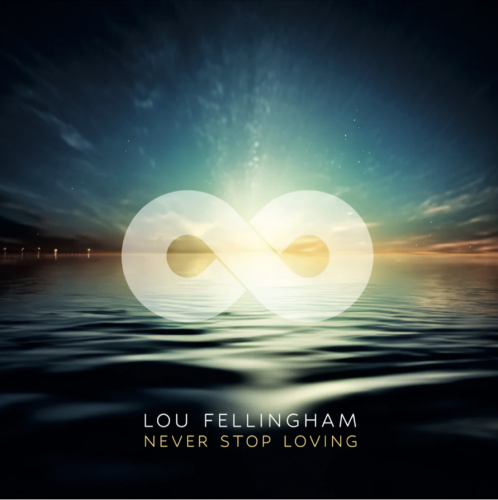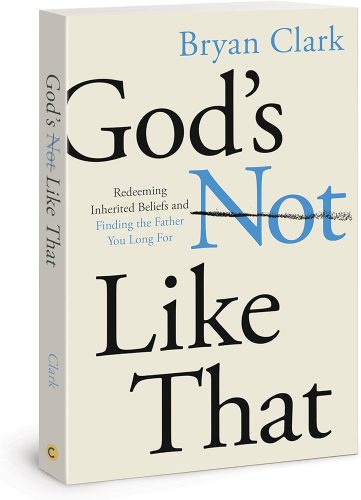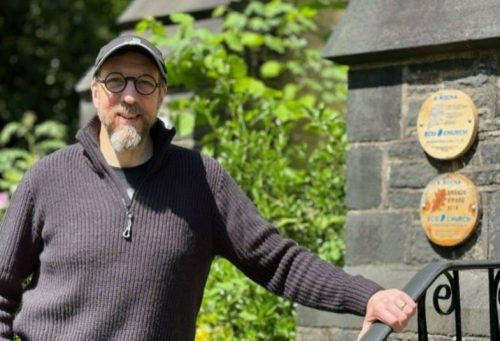 Hodder and Stoughton
Hodder and Stoughton
Hardback
ISBN 878 1399 81076 0
Price £16.99
264 pages
This book by the former director of the think tank Theos is a bracing celebration of life. The book is part spiritual biography, part an exercise in Christian apologetics and part an exploration of the Seven Deadly Sins!
This unusual blend reminds me of Augustine’s Confessions, and like the Confessions it is wide-ranging, stimulating and provocative. Speaking of being provocative, Oldfield gives a nod to Francis Spufford, and speaks of sin as our propensity to f*** things up. Not everyone will appreciate the language, but the point that sinfulness is hard wired into the brains of fallen human beings is well made.
The author understands the human heart, including those subtle strategies of self-promotion, self-gratification and self-centredness. I found the chapter on envy particularly pertinent in this regard, with its talk of what our envy signifies.
“Envy is a clue to who we wish we were, indicating dissatisfaction with who we actually are … No-one wants to be left behind. No-one wants to be overlooked. Everyone is in search of a gaze.”
The author writes from personal experience of how she came to see that the only gaze that ultimately matters was the gaze of God that affirmed her value in his eyes.
It is interesting to read about how the author looks back through a mature critical lens at her early Christian experiences, and manages to distinguish between the vital building blocks of her faith and some less helpful distractions. Against the backdrop of the seven deadly sins the author does briefly reference the cross but rather fumbles over its significance.
Christians have an uphill task communicating effectively to our non-Christian contemporaries and often find it hard to get on the wavelength of struggling Christians. This might be a good reason for reading Fully Alive. I get the sense that this author knows God, knows herself and understands how human beings tick.
This is careful Christian thinking that gently pushes the boundaries and speaks with a confident voice. I wonder whether at times evangelicals can often be overly optimistic about what is going on in the thought world of many Christians, and naïve about how non-Christians think. This book, if carefully read, could help to recalibrate a thoughtful approach about what it means to become and be a Christian today.
John Woods is a writer and Bible teacher based in West Sussex. He is Director of Training at the School of Preachers in Riga, Latvia.










